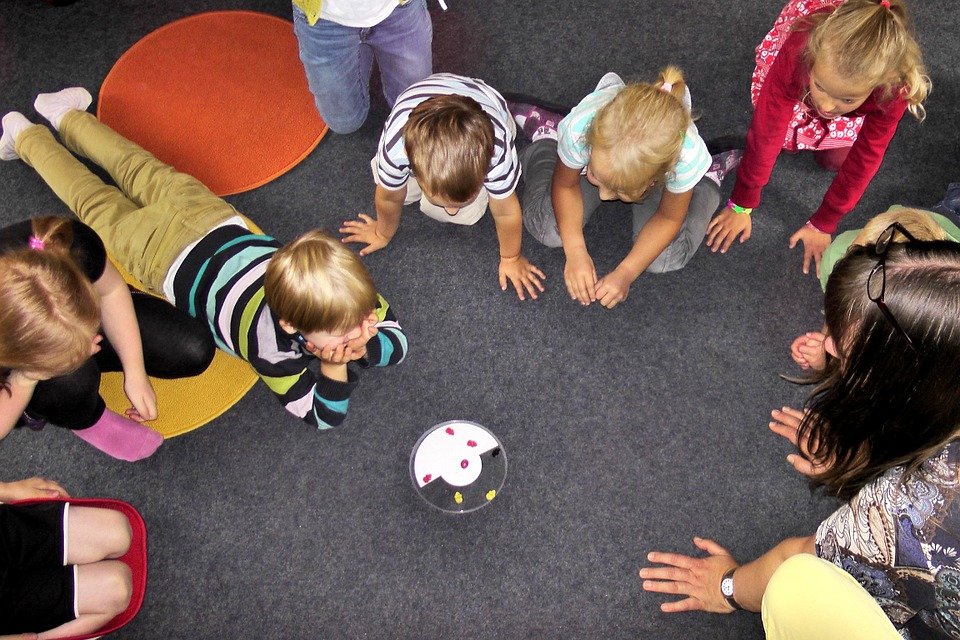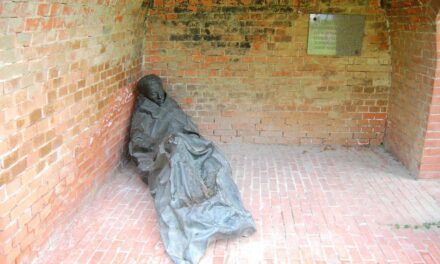Many times we are not aware that we have a lot to do with the publication of recordings of our child or even of us, and we are not obliged to passively tolerate their publication.
With the start of the school year, many parents wonder how they can record their child during kindergarten and school events. Taking and publishing a photo of a minor child, for example, on the website or social media page of the kindergarten or school is prohibited without the consent of a legal representative. Making a video recording of the child is also illegal, and this also requires the prior consent of the legal representative - pointed out lawyer Dr. Miklós Ecsedy, who summarized the information related to the issue for Fanny Magazin.
In most institutions, already at the beginning of the year, a declaration must be filled out, in which the parents can decide whether they consent to the making and use of photographs or recordings of the child. It is worth considering the issue carefully, since in most cases the recordings made and shared of the child cannot be completely removed from the Internet, thus they will form part of the child's digital footprint.
In the case of separated or divorced parents, only the parent who is entitled to exercise parental control rights can give a valid data management declaration. If both parents exercise the right of custody together, the consent of both parents is required. In the event of a dispute, the guardianship authority or the court must be asked to settle the dispute.
It is important to note that even after permission has been granted, we have the right to withdraw our consent to the use of images. In the event of such a request, the institution is obliged to comply with the request to remove the image as soon as possible.
If we gave the school a general authorization at the beginning of the academic year, we still have the right to information. This means that prior to each photography event, we must receive verbal or written information from the institution.
If we have not given permission to take or use the photos, it is worth seeking the advice of a legal expert. If possible, the notice will be sent within thirty days of becoming aware of the creation or use of the image. If they are not willing to comply with the notice, then civil litigation can also be initiated.
We can also demand compensation if pictures or recordings of us or our child are taken unlawfully and cause us harm.
Compensation for damages can be due to the violation of our personal rights, in this case our right to image, which can be established especially if, for example, an intimate image of us is made public.
The lawyer also summarized what rights we have in the event that our friends, family members or even strangers take a photo of us or our children and then share the photo on social media.
1. Personal rights
A photograph or recording of a particular person falls under the category of personal data and is subject to the protection of privacy rights. Accordingly, no one can take a photo or record of us without our consent.
2. Parental consent is required
Recordings of children are also considered personal data, so their handling requires the authorization of their legal representative. In the case of a child under the age of 14, the legal representative, in the case of a child between the ages of 14 and 18, the parent and the child jointly, after reaching the age of majority, the person concerned may declare independently about the use of his or her personal data.
3. Orally or in writing
Consent can be given verbally or in writing, and also by suggestive behavior. For example, it is considered suggestive behavior if someone poses in the picture, smiles into the camera, or in some other way it is clear that they know about the picture being taken and do not object to it. Consent is also considered if someone is in a place where they know that they can be photographed. Where it is customary to take photos, films or TV recordings, the person concerned must take into account that his person may be recorded in a recognizable way.
4. It is forbidden to post the picture
In the event that we have consented to the taking of the photo, this does not mean that anyone can use or publish the image, be it on your personal profile or sharing it in a private group. Additional separate consent is required for use, which you must request orally or in writing from the person concerned.
5. The way to it is clear
In special cases, the consent to the preparation may automatically mean the authorization of the use. This is the case, for example, when someone gives a television interview. In this case, consent to the broadcast of the recording can also be considered automatic, unless the person concerned expressly forbids this.
6. Mass admission is an exception
No prior consent is required for taking and using photographs in the event that the person concerned is depicted in a crowd.
This applies, for example, to situations where someone is part of the crowd, for example in public spaces, city events, concerts. However, it is important that in this case it can only be used within the scope justified by the circumstances of its creation, for example to document the event or for information purposes.
In the event of a public appearance, the consent of the person concerned is not required for taking and using photographs. However, it is important to note that public figures are also entitled to the protection of their privacy, so consent is still required for recordings of their leisure activities, for example.













